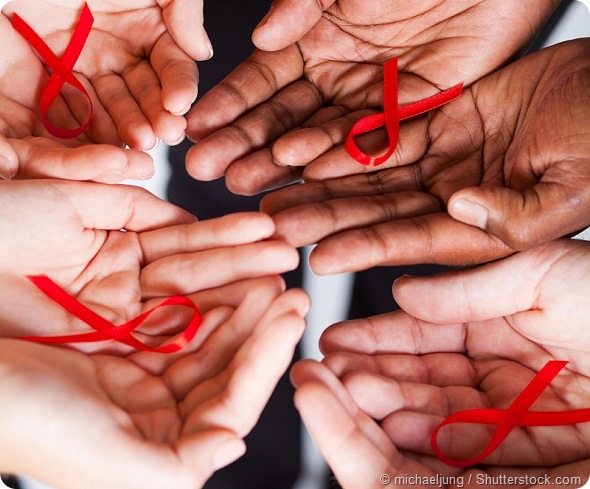A programme that provides pre-exposure prophylaxis (PrEP) to prevent HIV infection among sexually active gay men has not seen one case of HIV infection since it began in 2012, according to the first “real world” evaluation of the regimen at Kaiser Permanente San Francisco Medical Center.
However, the use of condoms fell in around 40% of the PrEP users and high levels of other sexually transmitted infections (STIs) were diagnosed.

The study has been carried out after clinical trial results convinced the Food and Drug Administration and Centers for Disease Control and Prevention that PrEP should be recommended for the prevention of HIV among people who are HIV negative, but at high risk of being infected.
During the 32-month study, 657 individuals underwent the PrEP regimen, which involved taking the antiviral drugs emtricitabine and tenofovir on a daily basis. This drug combination, which can be taken as a single pill, is known commercially as Truvada. The average length of PrEP use during the study was 7.2 months, which provided 388 person-years of observation. The participants were aged a median of 37 years and 99% of them were men who have sex with men.
Within six months of the study beginning, 30% of the men had been diagnosed with at least one STI. After 12 months, that figure had risen to 50%. However, HIV was not amongst the STIs; 33% percent had a rectal STI, 33% had chlamydia, 28% had gonorrhea and 5.5% had syphilis.
Of 143 men who were asked about changes in sexual behavior after six months, no drastic changes were reported in the number of sexual partners. However, the use of condoms had fallen, with 41% of the men reporting a decrease in condom use.
Critics of the regimen have cited the fact that other sexually transmitted diseases may well rise among those taking PrEP and avoiding the use of condoms.
Co-author Julia Marcus from the Kaiser Permanente Division of Research, says:
Without a control group, we don’t know if these STI rates were higher than what we would have seen without PrEP. Ongoing screening and treatments for STIs, including hepatitis C, are an essential component of a PrEP treatment program.”
In an editorial on the findings, Kimberly Koster of UCSF and Bob Grant, principle investigator of the pioneering study say it is now "time for a vigorous conversation about sexually transmitted infections, too long eclipsed by fear of HIV infection.”
They suggest that PrEP may provide more opportunities, both within clinics and within the community, to discuss and test for other STIs.